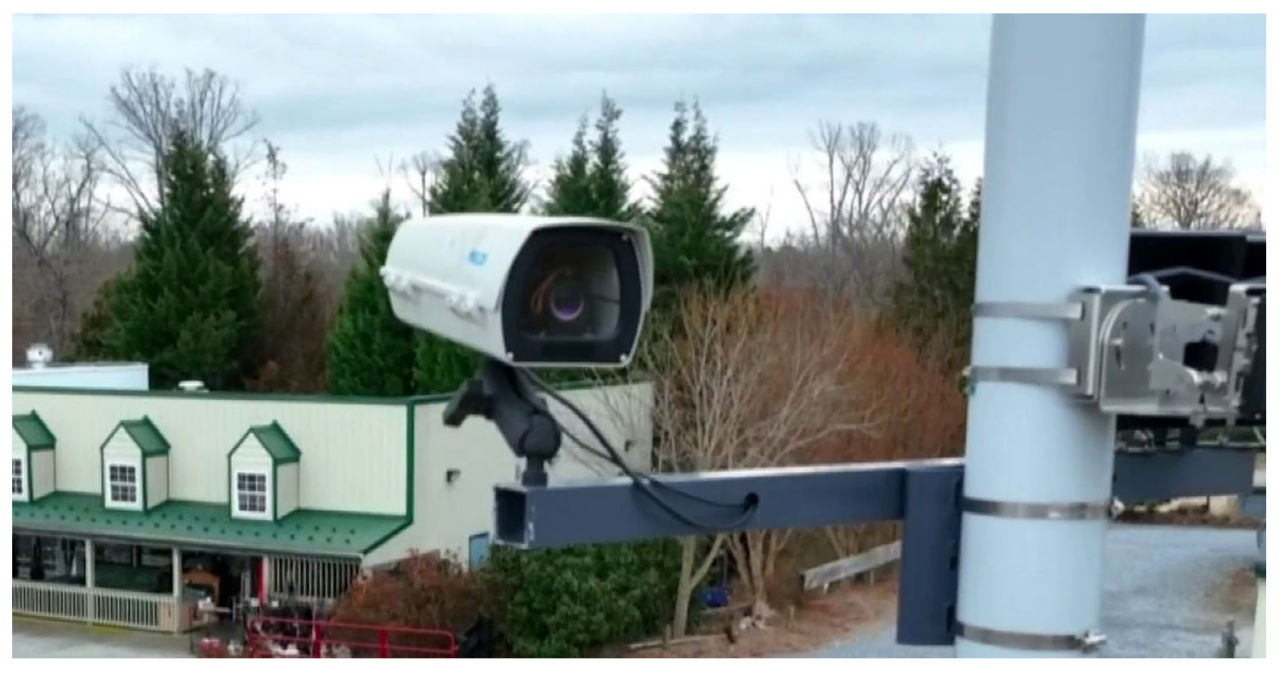Drivers in Roanoke, Virginia, are known for their reckless behavior on the road. Despite the presence of signs, flashing lights, and ongoing construction, these drivers continue to speed past schools and construction sites without any regard for safety. However, a new development is about to put an end to their dangerous antics.
Over 300,000 drivers were caught exceeding the speed limit by 10 miles or more in school zones and work zones. If caught, drivers face a fine of $100. In total, drivers across the Commonwealth paid nearly $20 million in fines last year.
Get breaking news stories delivered directly to your inbox.
Virginia Law Permits Cameras to Assist Police in School and Work Zones
In a move aimed at enhancing public safety, Virginia has recently passed a law that authorizes the use of cameras to aid law enforcement in monitoring school zones and highway work zones. This measure is expected to alleviate the burden on police officers, enabling them to focus on other crucial responsibilities.
By implementing camera technology, authorities can effectively monitor these areas, ensuring compliance with traffic regulations and providing a safer environment for students and workers. With the use of cameras, law enforcement will have an additional tool to deter speeding and reckless driving, reducing the risk of accidents and injuries.
The introduction of cameras in school zones and highway work zones is a proactive step towards enhancing public safety. With officers being freed up from constant monitoring, they can redirect their efforts towards other critical tasks, such as addressing community concerns, investigating crimes, and maintaining law and order.
This new law showcases Virginia’s commitment to ensuring the well-being and safety of its residents. By leveraging technology to support law enforcement efforts, the state is taking a progressive approach to tackling traffic violations and protecting vulnerable individuals in school zones and work areas.
In summary, the recent passage of the law in Virginia allows the use of cameras to assist police in monitoring school zones and highway work zones. This legislation aims to improve public safety and enable officers to focus on other essential duties, ultimately contributing to a safer and more secure community.
WSLS 10 has compiled data from state police to reveal that a total of thirteen agencies in Virginia utilized speed cameras in the previous year. Let’s take a closer look at where these agencies implemented this technology.
Let’s take a closer look at the cameras in our area:
-
-
The Wythe County Sheriff’s Office uses them in school zones. 3,544 citations were mailed and 2,506 were paid, bringing in $250,600. Cameras are in school zones at Jackson Elementary, Fort Chiswell High School, Rural Retreat Elementary, and Sheffey Elementary.
-
The Wythe County Sheriff’s Office employs them in school zones, resulting in a total of 3,544 citations being sent out. Out of these, 2,506 citations were promptly paid, generating a revenue of $250,600. These cameras are strategically placed in school zones at Jackson Elementary, Fort Chiswell High School, Rural Retreat Elementary, and Sheffey Elementary, ensuring the safety of students and promoting responsible driving.
In the previous year, Chesapeake Police issued a staggering number of citations in school zones, reaching a total of 70,656. This significant number of citations resulted in a revenue of approximately $5.5 million for the department.
Work zone cameras were only present in Suffolk and Harrisonburg last year, and these cameras managed to generate a revenue of $8 million.
VDOT and state police have discussed the possibility of installing cameras on Interstate 81, where construction is currently taking place. However, as of now, no cameras have been added.
Blacksburg and Montgomery County are both considering implementing the technology in school zones.
In this 10 News Solutionaries story, you can delve into the detailed account of the Altavista cameras.
In 2023, the Commonwealth issued a significant number of citations.



